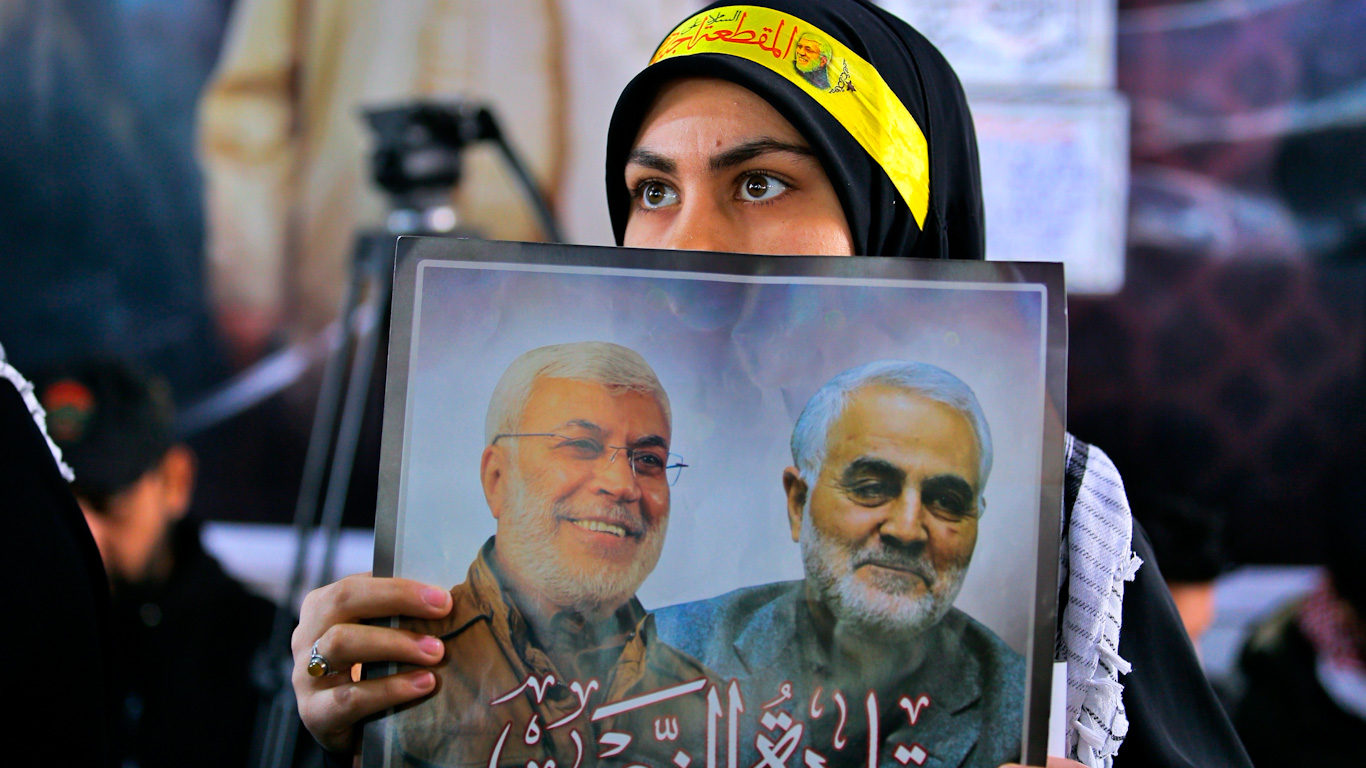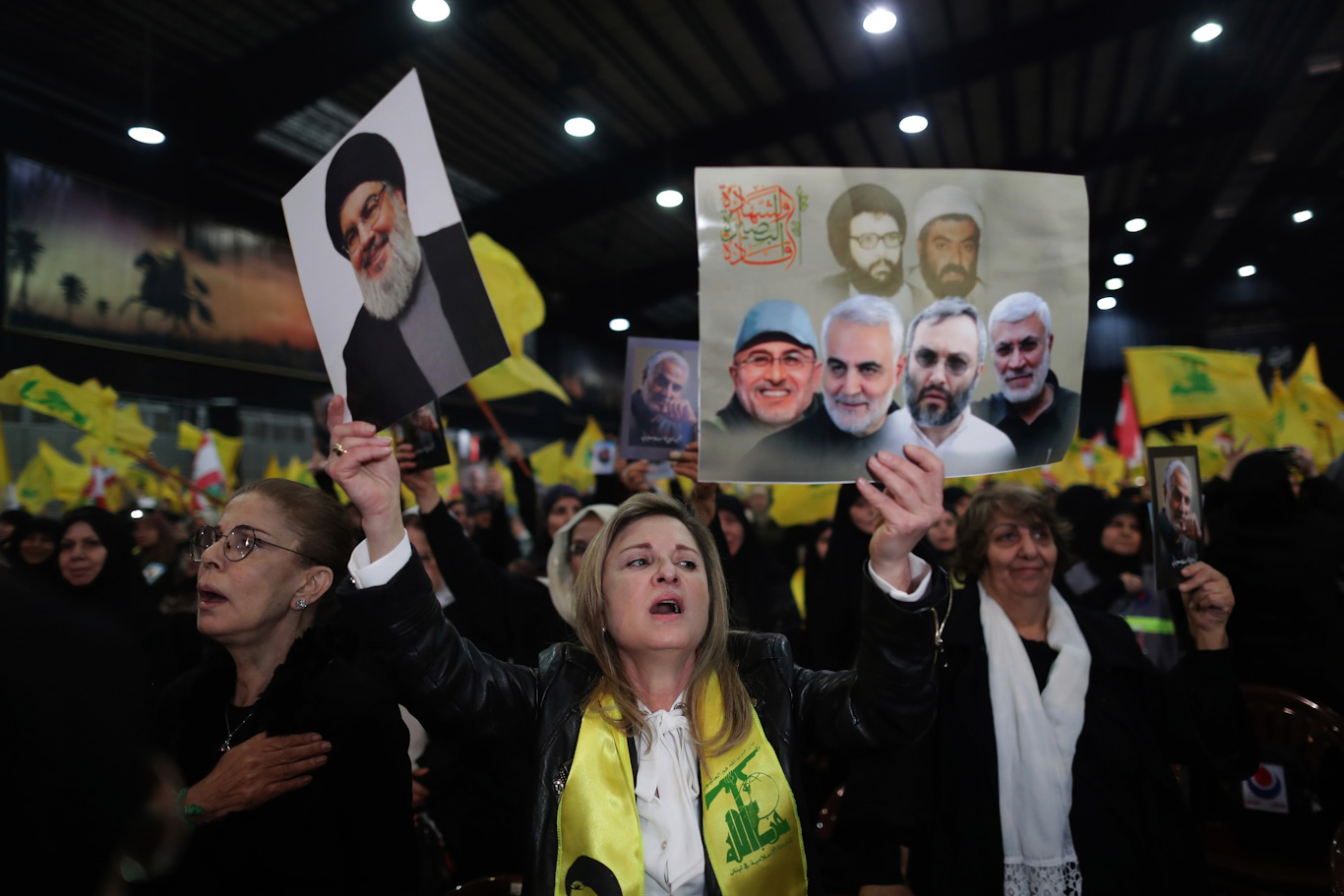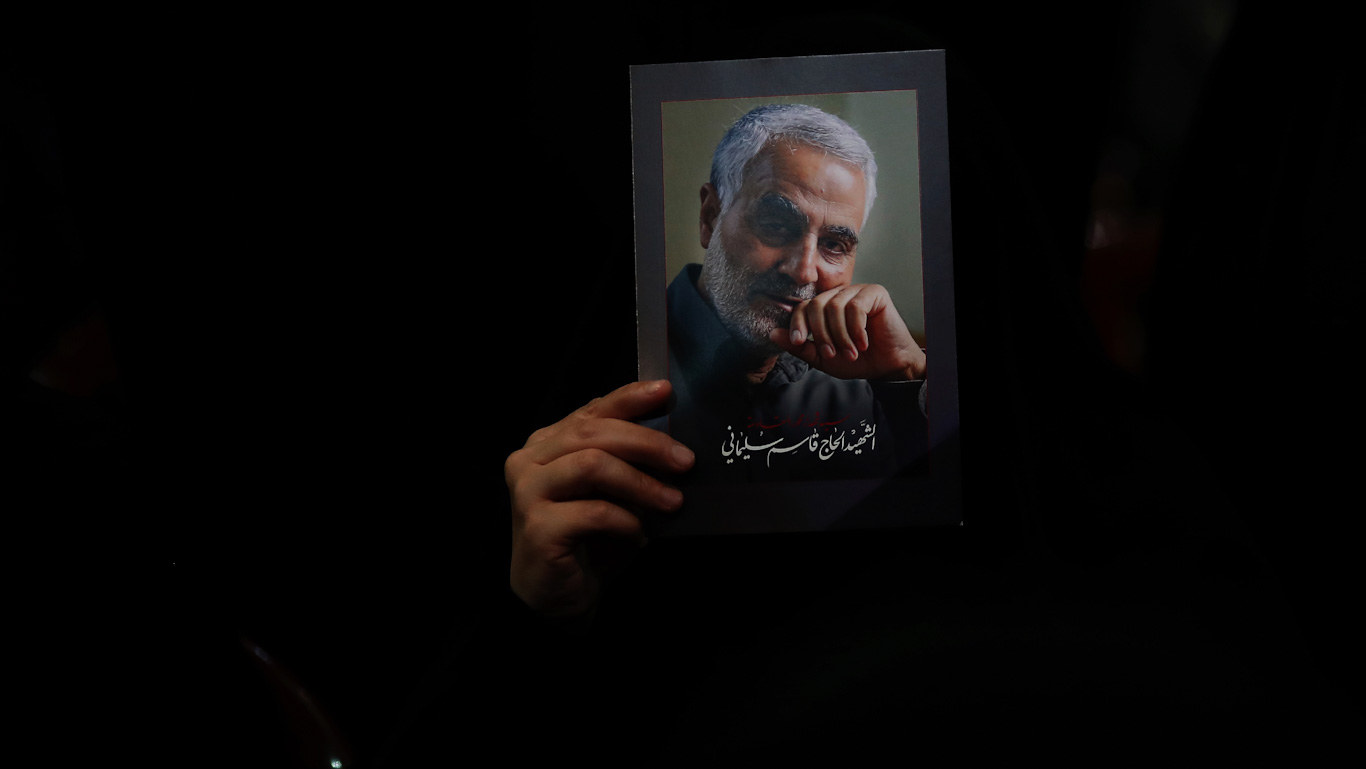In a recent interview with RT, Zeinab Soleimani, the daughter of late Iranian General, Qasem Soleiman said that “After killing my father, America thought that everything would be stopped because they killed General Soleimani, the power of the Middle East. But they are so wrong… They are so wrong in thinking this will be the end of General Soleimani, this is the beginning.”
After General Soleimani’s assassination, it was exceptional that a foreign media outlet would take into consideration the perspective of Soleimani’s female family members and supporters. Women are generally underrepresented in peace and conflict literature worldwide. However, the intentional ignorance of women’s voices in West Asia, both by Western observers and their male counterparts within the region, is even worse.
The arduous task of defining Soleimani’s character, mission, and strategies has taken up the interest of his foes and supporters alike. Americans call him “an agent of chaos,” or a man of the “shadows.” However, it was inevitable that they’d appreciate him as a “unique” figure, one who has no counterpart abroad in terms of his experience, capability, and absolute trust in his leader. As Michael Knights from The Washington Institute denotes, they don’t “have anyone like him in the U.S.”
Simultaneously, his vast stretch of influence and “unparalleled” military and intelligence power in the region was not an easy pill to swallow by those in the same anti-American camp. The Russians’ concern regarding the consequences of U.S. actions which “aggravate the situation in the region” or his “killing” to be “completely devoid of any legal basis” were instances of a maximum negative reaction by an ally who still refuses to call Iran a strategic partner, despite their rewarding collaboration.
The exceptional position of General Soleimani for Iranians, though, resides in a distinct realm of thought, contesting the normal military essentials or power constructs. This implies a “strong objectivity” that is taken here from the unheard voice of women whose husbands were serving in the Quds Force or were “martyred” as volunteers in the transnational battles of Syria and Iraq.
The “dividing line between vice and virtue”
The wives of Múdafeīn Haram, known colloquially as the Holy Shrine Defenders, a term recently coined to recognize the resistance fronts fighting in Syria and Iraq, identify Qasem Soleimani as the “definite dividing line between vice and virtue,” says Zahra, whose husband was serving with the Quds Force and was martyred in Syria in 2014.
“General Soleimani was a real strategist. Nevertheless, what makes us honored to serve him was not his indisputable military capability alone.” Having lost her spouse in 2015 in Iraq, Mina puts it thusly: “I sincerely aspire to sacrifice myself and my children, like their father, on Soleimani’s path of defending human dignity. He could not tolerate American-backed terrorists butchering innocent women and children in deadly conditions, forcing indignity upon them.”

They’re recalling of the sweet memories of their relationships encouraged me to ask them about the legitimacy and necessity of their husbands to leave for combat on the frontlines of distant battlefields. One widower named Maryam swiftly replied that her husband was a volunteer when he fought in Syria, driven by his personal vision, and frequently confirming that by not deterring the terrorists abroad, it wouldn’t be long before Iran would have to fight them within its own borders. She argued that her husband, who lost his life in Syria as an experienced veteran and expert of geopolitics just one day before his birthday, was “determined to sacrifice for the elimination of ISIS, which was created by Americans, according to their own confessions, and backed by Israel in order to globalize Islamophobia, intimidation, and terror.”
“A big shock,” “an overwhelming sense of being crushed,” “startled, my back broken”: these are some of the interviewees’ remarks on getting the news of Soleimani’s assassination. Soon, though, they changed their tone, restoring their strength and confidence, referring to the “severe revenge” that Ayatollah Khamenei promised, which “awaits the criminals who have stained their hands with [General Soleimani’s] and the other martyrs’ blood.”
A legacy set in stone
The legacy of Soleimani within Iran is set in stone, and the Quds Force has prevailed in the region with an array of allies and volunteers from Lebanon, Afghanistan, Pakistan, Iraq, and Syria. However, as Zahra suggests, Trump’s rash policies order and the Americans’ reckless act of war and terror will not remain unanswered. She recalls the American press assessing Soleimani’s assassination to be similar to a Class A crime, such as the killing of the U.S. Chairman of the Joint Chiefs of Staff, or the Director of the CIA. In her eyes, though, “even its assumption is rejected since for all people of rationality and freedom (or Ahrar, meaning those free from the constraints of wealth and power), be they Muslim or non-Muslim, ‘Qasem Soleimani’s shoe is worth more than Trump’s head,” she said, quoting the Secretary-General of Hezbollah.

“A new consciousness,” “a new discourse” has been created among our youth, Maryam To concluded, a suggestion which received the consensus of her other colleagues, “that no American soldier or facility in the region would be left safe and secure.” To “end U.S. presence in the region,” as Ayatollah Khamenei said, has become the subject of our children’s theses at universities, the subject of their art, and the objective of their activism. “This is not the end. This is the beginning” the interviewees stress.
Feature photo | A person hold a photo of slain Iranian Revolutionary Guard Gen. Qassem Soleimani during a ceremony marking the anniversary of his assassination in the southern suburb of Beirut, Lebanon, Feb. 16, 2020. Hassan Ammar | AP
Zohreh Kharazmi is an assistant professor in the American Studies Department at the University of Tehran.


